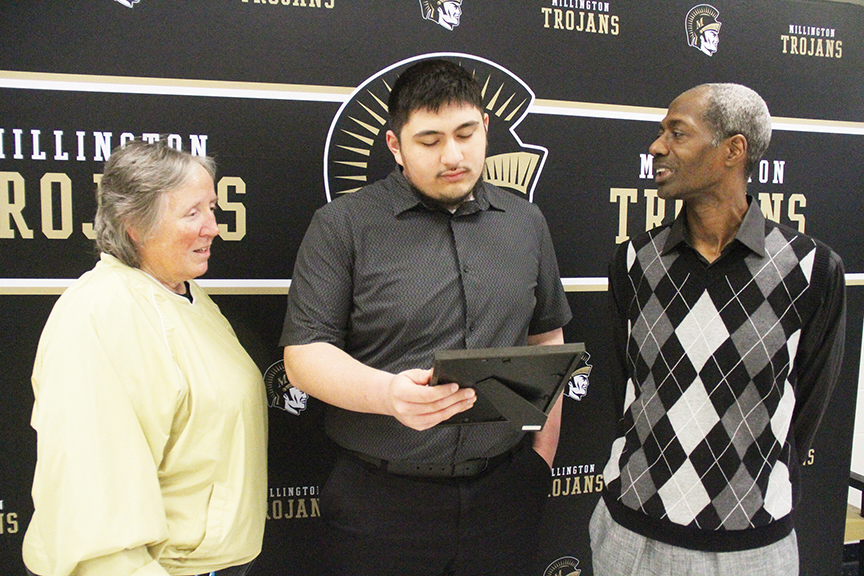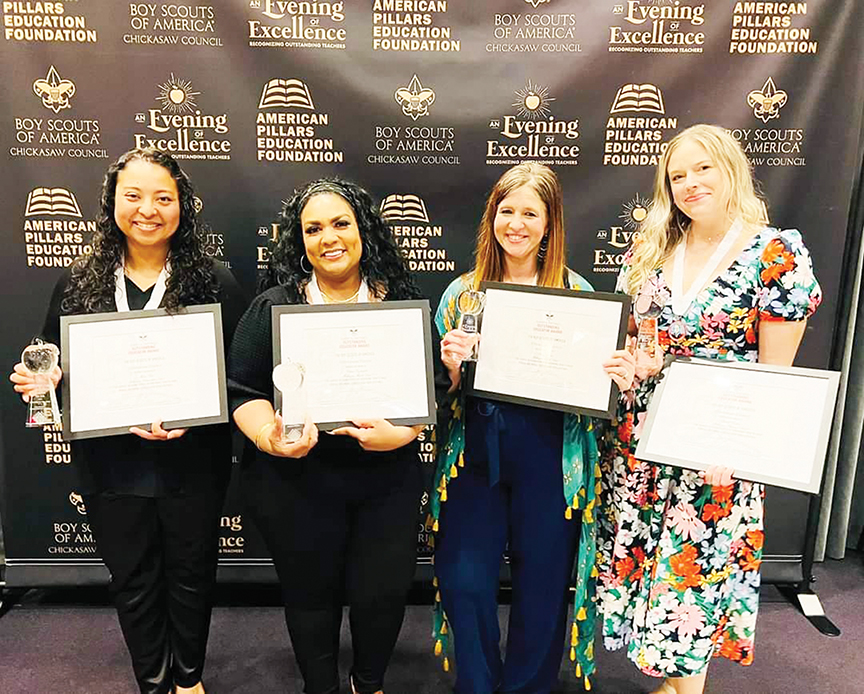Posted on October 8, 2015.
By Thelma Ledford
We are taking calcium supplements believing that we will not have osteoporosis. But, is this the only thing we must be concerned with in the building of bones? As important as calcium is, it is not the only bone-building mineral. Don’t forget vitamin D! It is extremely important for calcium absorption, but it has to be in the body and circulating in the bloodstream to be absorbed. Besides other nutrients, the digestive system must be healthy and able to do this. New research shows that postmenopausal women have a difficult time maintaining optimal vitamin D levels in the blood over the winter months, even if they are already getting the typical 400 IU daily; new recommendations call for seniors to have 600 or 800 IU daily to maintain adequate blood levels. There is a principle called “homeostasis.” It is the body’s ability to adapt when internal conditions change, and to maintain equilibrium. Our body has a fabulous central control system—the central nervous system—that can evaluate information about conditions both within the body and outside it. It can call into play whatever parts can best respond to any situation. It gets information and transmits its instructions by way of a vast system of wiring (nerves)… (Understanding Nutrition, Fifth Edition, pg. 12, Whitney, Hamilton, Rolfes, West Publishing Company) This simply means that when the body is in balance “homeostasis,” the body will heal itself. Certain conditions remove this balance. I know when calcium and phosphorus are in balance, the body will heal itself. While working with a gardener, I discovered this principle must be used when maintaining the soil as well as in the swimming pool. To balance the soil, calcium/magnesium had to be balanced; in the pool, acid/alkaline balance must be maintained. The body must be balanced in acid/alkaline, calcium/phosphorus/magnesium, and sodium/potassium. We do know how to do this, but we do know that sugar, sodas, stress, and deficiencies will change the equilibrium of the body. Also they increase the need for the water-soluble B-vitamins, because they are excreted during stress. Can you see the importance of maintaining good health? Like a machine, if any part is missing, or not working, the body will not work. There is a common misconception about calcium and bone loss, esp. as it relates to women. It is true in most cases, that calcium alone does not completely stop postmenopausal bone loss, but it does have an important role in slowing bone loss and decreasing risk of bone fractures. Much of the stimulus for bone loss esp. early in menopause, is due to a lack of the hormone estrogen or progesterone. I was especially deficient in progesterone when I was young, but doctors did not understand this at that time. My nutritionist placed me on natural progesterone cream especially formulated for absorption through the skin. I was told me to stay on it the rest of my life in order to help prevent osteoporosis. In most cases, calcium supplementation does not completely prevent bone loss because it is a mineral rather than a hormone. Calcium can help overcome the mineral deficiency, but not a hormone deficiency. Interestingly, the stimulus for the bone-loss late in menopause is thought to be a gradual elevation in parathyroid hormone level or PTH. The good news is that supplemental calcium and adequate vitamin D seem to help decrease the age-related rise in PTH. PTH levels seem to spike at night so it may be wise to consume some of your calcium at night before you go to bed to help keep the PTH levels low and perhaps further protect your bones. Finally, bone is constantly under—going what is called a remodeling cycle where mineral is first removed from sections of bone and then those sections are re-mineralized. Unfortunately, as we get older we tend to lose slightly more bone than we replace at each remodeling cycle—drugs tend to look good, but they are not. Calcium supplementation slows the rate of bone loss, and actually helps preserve the bone you have. If we go off calcium, after a year or two we lose that extra bone protection. When all the nutrients are available in the body, we have a better chance to build and maintain health. No one nutrient alone does the job. All nutrients are needed because they work together as a whole family. One of the first major studies of women and their health (Women’s Health Initiative) took place in Memphis. This was to prove how diet, hormone therapy, calcium, and vitamin D affect cancer, heart disease, and broken bones. The study was concluded in 2005 with startling results. Synthetic hormones are dangerous. They actually caused more heart attacks. I volunteered to be tracked. With my experience I knew it did, but the medical world must spend thousands of dollars to prove it scientifically before it can be accepted. Although you may take large amounts of calcium, you only absorb small amounts because calcium is difficult to digest. I take add digestive enzymes with my meals, and at night I add more magnesium. I knew I something was wrong, because I was having bad leg cramps. Some people actually need more magnesium than calcium to keep the homeostasis—I do. If you are having leg cramps, or what we call a “charlie” horse, work with the two minerals—one at a time—to see which gives you relief. I try to keep my body in pH balance, acid/alkaline balance, with more fruit and vegetables. If we knew about chemistry, we would know that acid foods produce “alkaline ash.” Alkaline foods produce “acid ash.” My husband had “heart burn.” I told him to eat an orange, but he could not believe it until he ate the orange. A simple thing, but hard for people to believe someone other than a doctor can give such good advice!!! Here is another one: Whole apple cider vinegar will sometime help to balance the pH in the body, and relieve arthritic pain; and so will MSM, which is a mineral called “sulphur.” This is why we need to eat a variety of foods daily. Aren’t we having fun?
— What do you think? Send Letters to the Editor to [email protected].




